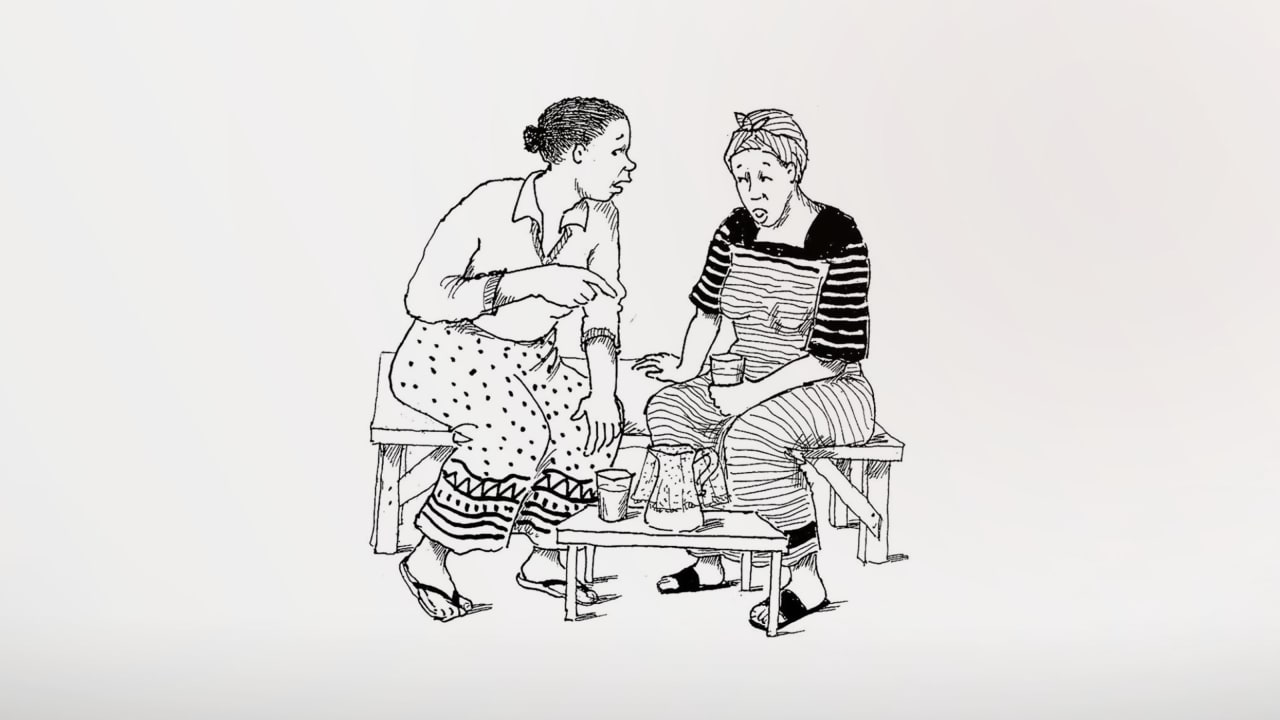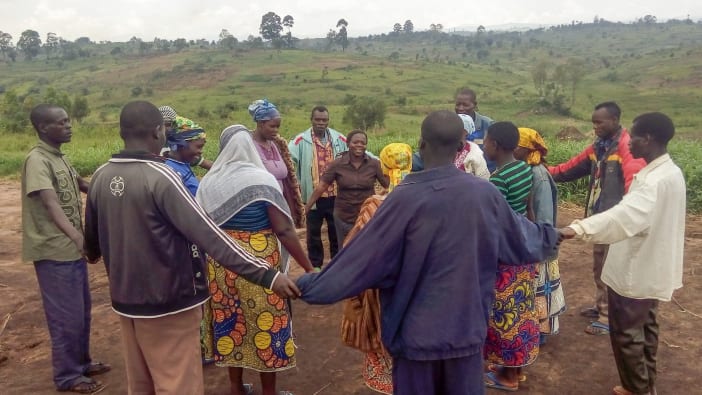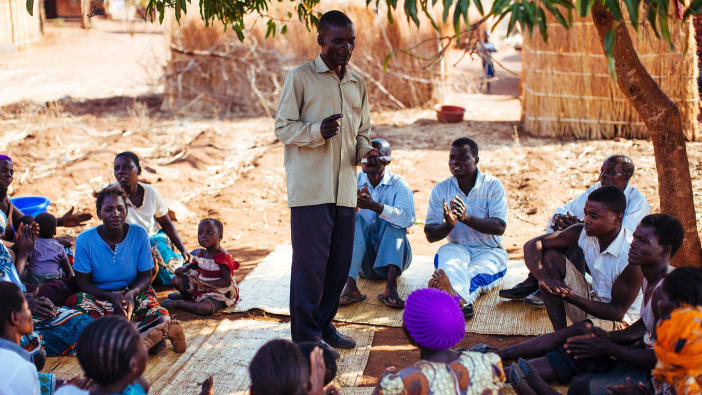When we are talking with women who have suffered abuse, we need to be a safe person who will not judge. We should be wholeheartedly available to listen to them and support them. Wrong words can be like knives in the heart, making survivors feel even more hopeless and alone. These women need to know we are there for them.
Here are some deeply unhelpful things that are often said to survivors:
‘What were you wearing?’
This question is totally irrelevant. What does it matter what she wore? Policewomen in uniform have been assaulted. The US Department of Justice has confirmed that there is no connection between clothing and sexual assault. Questions like this imply that the survivor was partly at fault, when in fact the only person to blame is the one who carried out the abuse.
‘Why did you not run away or shout out?’ or ‘What were you doing there?’
Again, these comments suggest the survivor was somehow at fault. Abuse occurs under all circumstances. Often during an assault, the person being attacked is in a state of shock. Ask yourself: Wouldn’t the person have run, shouted or avoided the place if it had been possible? How easy is it to do these things when you are vulnerable? How can you avoid a place where you receive much-needed food or pay?
‘Was it really that bad?’ or ‘You are lucky it was not as bad as what happened to so-and-so!’
Of course it was bad. We do not need to grade it. ‘Lucky’ is never a word to use when it comes to abuse. What happened changed a life; we must not compare it with others’ experiences.
‘Why are you crying? It is over now,’ or ‘Just calm down.’
These words are so unhelpful. Crying shows there are still emotions, which is a healthy sign. God created us with emotions. Pain, confusion, anger and many other feelings need to be expressed in order for healing to take place. Maybe the people speaking these words cannot deal with the emotions being expressed.
‘Have you forgiven him?’
or ‘Are you praying for him?’
As Christians, we can be hurtfully legalistic. While forgiveness is an important part of the healing process, it takes time. Never force survivors to pray for their perpetrators; instead, pray for and with the survivors. Allow them to be angry or even to wish for the perpetrator’s death. The time will come when forgiveness can be given, one step at a time.
‘It’s all part of God’s plan’ or ‘God disciplines those he loves’
These comments are very cruel in this context. God is a loving Father who only has good plans for us. Similar remarks may be made in Buddhist settings, such as, ‘This must be your karma.’ Always reassure the woman that abuse is never part of God’s plan and that no one deserves it.
Let us be there for our hurting sisters with the right attitude, being non-judgemental and available. Learn from Proverbs 16:24: ‘Gracious words are a honeycomb, sweet to the soul and healing to the bones.’









